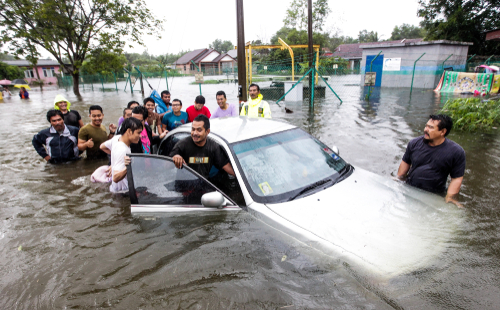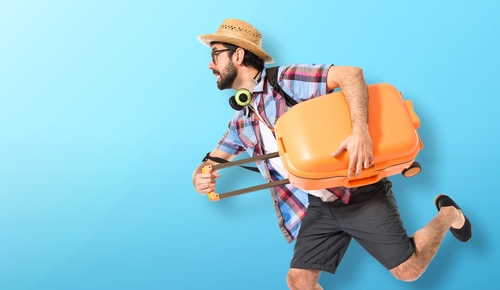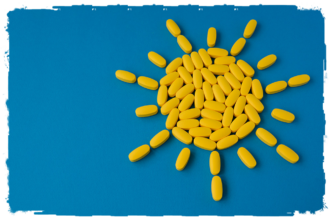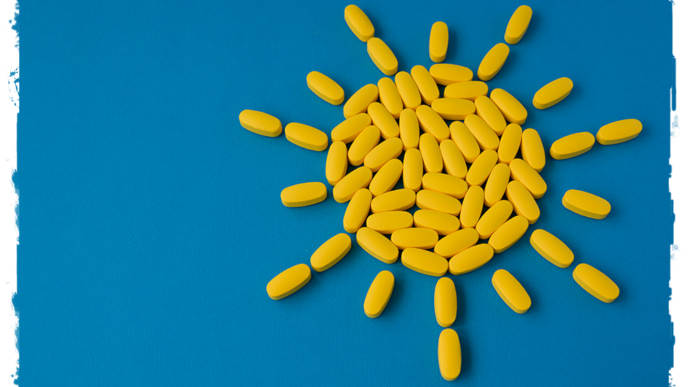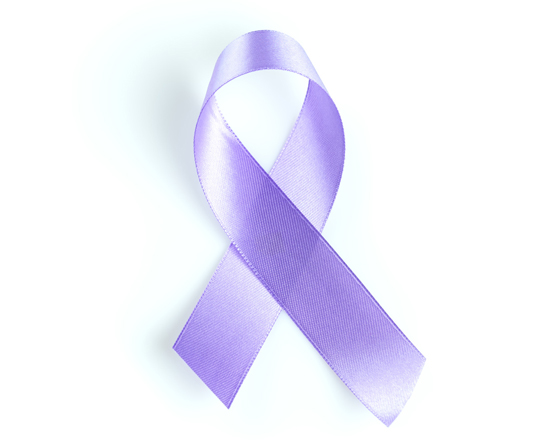WORDS LIM TECK CHOON
 FEATURED EXPERT FEATURED EXPERTDR CHAN YANJUN Medical Director International SOS |
“With forecasts indicating that our rainy season is far from over, Malaysians need to be prepared in case of floods,” advises Dr Chan Yanjun. “While there are many different actions people should undertake in a flood situation, the most important rule is do not try to walk, swim or drive through flood water. Cars and people can be swept away, so always remember safety first and to stay alert so you don’t get hurt.”
WHAT YOU SHOULD DO TO SAFEGUARD YOURSELF & YOUR LOVED ONES IN CASE OF A FLOOD |
|
IF A FLOOD HITS YOUR HOME, REMEMBER THESE POINTERS |
|
WHEN YOU ARE ON THE ROAD DURING A FLOOD |
|
WHAT TO DO AFTER THE FLOOD |
|

